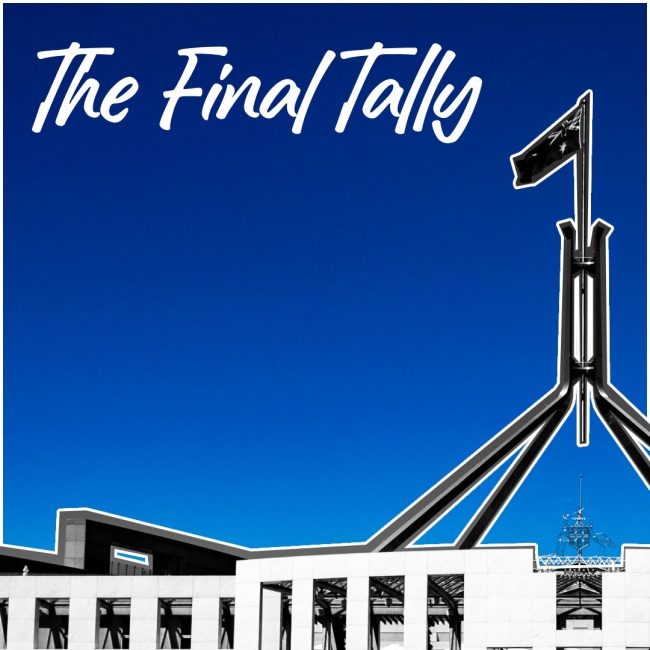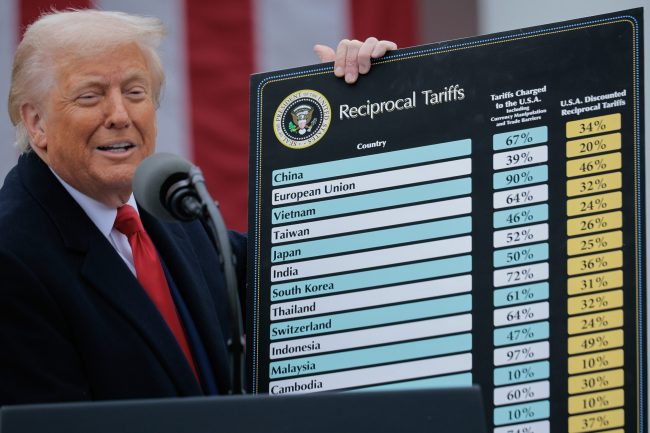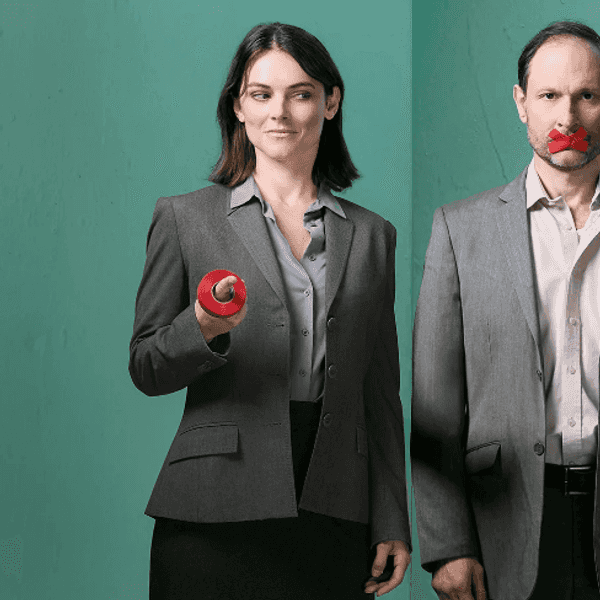
Hello everyone, Ryan here once again for your weekly roundup of all things political news! Apologies for the late post, I was a bit under the weather last week so last’s week’s post will be posted today. So without further ado, here is your Final Tally politics news post for the week of 3 April.
Tariffs, tariffs, tariffs!
On 2 April, US President Donald Trump made a huge announcement, that the US would institute tariffs on nearly all foreign goods coming into the United States. He called the act “Liberation Day.” What exactly is a tariff you ask? A tariff is essentially a tax paid by an importer on goods sent from one country to another. Tariffs are usually paid at customs before entering a country.
Essentially, it is a way for a country to raise revenue based on trading fees. However, it should be noted that economists, and history, tell otherwise. Basically, this is what happens: a tariff is instituted and in order to pay that tariff, importers will raise the price on that good. Because of the increased prices, importers will pass on the increased cost of goods to the consumer, therefore actually raising prices, and causing more financial hardship on consumers. So, as you can see, even though tariffs theoretically are a tax on another country, that cost is paid for by the American consumer. The US has a long history with tariffs, it enacted sweeping tariffs during the 1930s, known as Smoot-Hawley Tariff Act. It only drove the US economy deeper into a recession. During Trump’s speech, he announced a baseline of 10% was put on nearly all foreign goods coming into the US with countries receiving higher tariffs if they are “trade offenders” with some rates as high as 46% on imports from Vietnam.
So why is the President doing this if economics and history say its a bad idea? Trump has floated the idea that tariffs are a way to help America bring down what he calls the country’s “trade deficit” and gain sovereignty over its trade. He also has floated the idea that tariffs could replace income taxes, though this would be redundant since Americans would just end up paying higher prices for goods.

So how will this impact Australia? Australia is somewhat less impacted, since the tariffs applied to goods from here are only 10% and not higher. 10%, or any other tariff, is still bad though. President Trump has talked about putting tariffs on things such as Australian beef, and Prime Minister Anthony Albanese has said that the imposition of tariffs on Australian products has “no basis in logic.”
How this will impact the federal election campaign, we have yet to see but it is with no doubt that the discussion on tariffs will only add to the economy and cost of living being the top issue in this year’s election.
Cost of living, renting, etc
As we all know, the cost of living crisis here in Australia is putting its pressure on nearly everyone. Rents are higher, prices of goods and services are higher, and getting by is becoming increasingly difficult. Recently, the ABC created this map that shows which postal codes are becoming out of reach for the average income rental household. A postal code is considered out of reach when the median rent becomes more than 30% of income after taxes. The map and the research shows a significant increase in postal codes across the country becoming out of reach when compared to before the pandemic. Have a look and see where your postal code is. For Sydney and the greater Sydney area, it looks bleak. The capital city that is the worst for renters with the most postal codes out of reach is Perth, Western Australia.

Millennials and Gen Z now the biggest voting population
Finally, I will end this week’s post on one story that caught my eye. According to data, Millennials and Gen Z will now officially outnumber Baby Boomers at the ballot box! This means that for any party to win, they will now need to listen to the concerns of Millennials and Gen Z. And no, that doesn’t mean the voting population wants discounted avocado toast. Research shows that Millennials and Gen Z’s main concerns are cost of living. So maybe not too different from Baby Boomers perhaps? We will have to see.
That’s it from me, I’ll see you later for another post later on this week! And don’t forget to tune into The Final Tally, Tuesday mornings at 12:30 AM, or listen back on the Eastside website.
Share "The Final Tally News roundup for week of 3 April"
Copy










